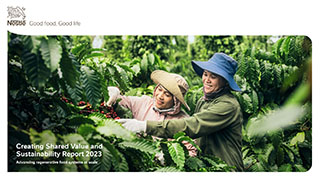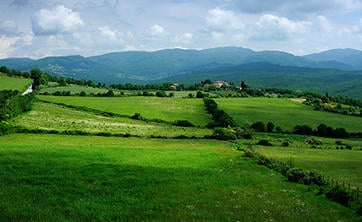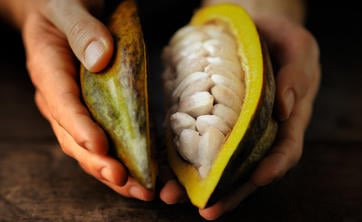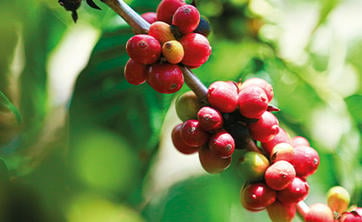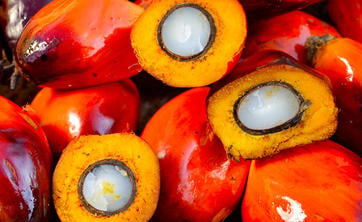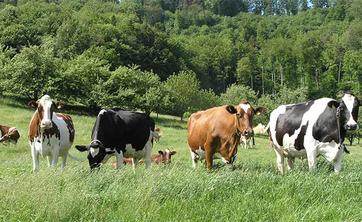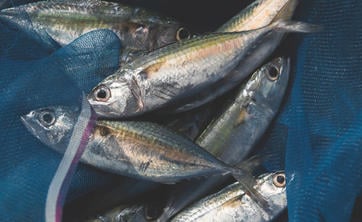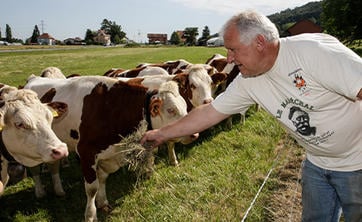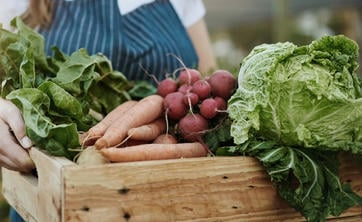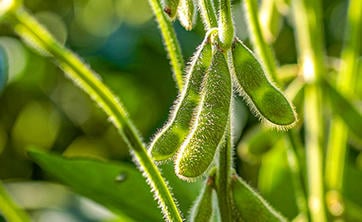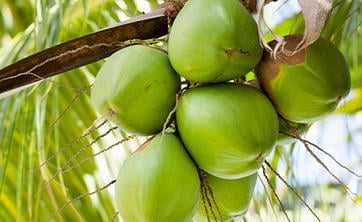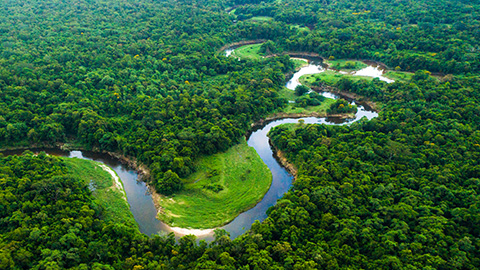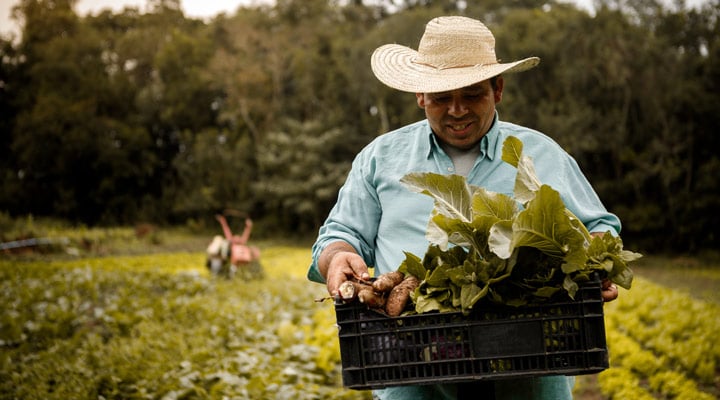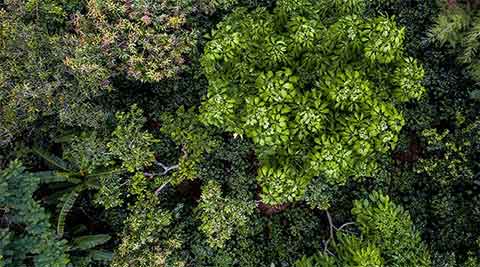Sugar sourcing

Sugar is an essential ingredient in many of the foods and beverages we produce.
We source both sugarcane and sugar beet, from more than 160 suppliers and 60 countries. Sugarcane harvesting can be dangerous, and labor conditions are often challenging. We are committed to working with our suppliers to help uphold labor rights, for example by tackling child labor risks and seeking fair pay and working conditions for employees. Sugar production can also be associated with deforestation risks.
Our progress toward improving our sugar supply chain
Our approach to ensuring responsible sourcing of sugar
A deforestation-free sugar supply chain remains one of our key focuses. Aiming for more transparency and traceability of our sugar supply chain helped us to reach 98.1% in 2023. We are now committed to improving and maintaining that status. We use a combination of tools, including supply chain mapping, on-the-ground verification and geographic information system (GIS) analysis to assess that the sugar we buy is deforestation-free.
In addition, we aim to source from mills where the operations, as well as the farms and plantations that supply them, comply with local laws and regulations and our Responsible Sourcing Standard.
Assessments have identified a range of challenges in some of the countries where we source sugar, including child labor risks, working and living conditions for sugarcane cutters and environmental challenges like deforestation and agrochemical applications. Together with our suppliers and implementing partners, such as Proforest, we are actively working to address them.
To drive industry-wide transparency, we have published the list of our Tier 1 sugar suppliers (pdf, 300Kb) and the list of the mills in our supply chain, along with their countries of origin.

Mapping and assessing our suppliers
We work with Proforest to map our sugar supply chain and assess our suppliers, with the aim of tracing the sugar we source back to the sugar mills across our global supply base.
The assessment process may include exploratory and full site visits, as well as analysis of traceability. Findings inform the development of strategies for mills to improve practices, implement changes and roll out appropriate training across their supply bases.
Respecting the human rights and livelihoods of workers and children
During harvest periods in many countries, such as Côte d’Ivoire, Mexico and Thailand, large numbers of temporary migrant workers live and work in sugarcane-growing areas. The nature of this labor force accounts for many social risks within the supply chain.
As part of our Human Rights Framework and Roadmap, we have developed action plans for the most salient issues in our supply chains. Child labor and access to education, the right to water and sanitation and safety and health at work have been identified as key challenges within the sugar supply chain. These challenges can include limited access to sanitation and potable water; overcrowding and a lack of personal space and privacy; children not in school and potentially exposed to hazardous conditions; and limited access to safe working practices, such as the appropriate use, storage and disposal of chemicals. We have several interventions in place to address these risks, with a particular focus on improving conditions for workers and children in Mexico.
Child labor risks in Mexico can be a sensitive issue in the mills due to the way that labor is contracted.
Together with Proforest, we have been working to address this risk at our supplying mills, including Grupo Beta San Miguel (BSM). The mills were initially supported in developing policies together with implementation and monitoring plans, followed by training and awareness-raising activities in the field.
BSM has developed a corporate policy to help tackle child labor risk in its supply base and implemented programs to identify and address root causes of child labor and to raise awareness about children’s rights among producers, shelters for migrant workers, leaders of cane-cutting teams and mill personnel. The policies have been widely communicated in workers’ shelters and the local community through posters and banners.
With BSM, we are focusing on responsible recruitment, and have implemented a due diligence process to verify the age of workers and prevent children from entering field work.
We work with Proforest to support our major sugar suppliers in Mexico in improving working conditions for cane cutters. This includes supporting access to sufficient and potable water, hygiene services and emergency equipment.
With the support of Proforest, Nestlé and BSM developed a protocol for guiding the improvement of housing infrastructure for migrant workers. Workers are also provided with identification cards which are crucial for providing social security and formally recognize that the workers are employed by BSM’s mills.
We have also supported BSM in the implementation of a hydration program at the Casasano mill in Morelos and the Constancia mill in Veracruz. The program benefits people in shelters through the delivery of water containers and filters to improve water collection and quality. Additionally, mills have installed mechanisms and distribution equipment to increase access to drinkable water in the field for cane cutters. Hydrating isotonic drinks are also provided during the hottest parts of the harvesting season to prevent dehydration cases.
Collaborating with partners and governments for a responsible future in sugar
Working with smallholders in the Philippines
We have an ongoing, multi-stakeholder program based on Proforest’s ACRES framework: Agricultural Commodity Responsible Production and Sourcing that aims to address risks and improve sugarcane smallholder livelihoods in the Philippines’ largest sugarproducing region.
Proforest assessments identified various sustainability risks, including child labor. Nestlé and Proforest concluded that the RSS framework could help stakeholders build on existing initiatives and provide clear direction. Since then, we have been actively working on the identified action plan.
In partnership with three independent local mills, each sourcing from a common pool of small cane planters, we introduced activities to address key risks such as child labor, inadequate PPE and cane residue burning, as well as farmers’ needs such as input access and know-how, affordable finance, alternative livelihood support (for example, vegetable gardens) and soil management including irrigation.
Additionally, the RSS introduced the Comprehensive Assistance to Small Holders (CASH) for Farm Productivity Program. As well as facilitating soil analysis tests and providing coaching, the CASH program gives all participating Agrarian Reform Beneficiary Organizations (ARBOs) additional livelihood support, high-yielding varieties cane points and access to other soil fertility initiatives from mills.
In 2022, Nestlé received the Bonsucro Inspire Award for the “Best Social Sustainability Initiative” for the Integrated ARBO Child Labor and Personal Protective Equipment (PPE) Program, which is a part of the broader RSS initiative. The program focuses on institutionalizing the prevention of child labor and promoting the appropriate use of personal protective equipment (PPE) among ARBOs in Negros Occidental, Philippines. The program empowers the leaders of farmer organizations through knowledge building and participatory decision-making to raise awareness on critical social issues in the community. Among the activities conducted are adult-supervised educational projects, such as vegetable gardens or vermicomposting. These activities focus on facilitating communal activities with children to learn useful life skills, while also generating a small income.

Supporting smallholder farms in Thailand
In Thailand, farmers are supported by sugar buyers, to develop their operations in line with sourcing standards, such as the Bonsucro Standard (pdf, 1728Kb) – but launching scalable solutions across thousands of small farms remains a challenge.
To monitor sugar production from the farm to the mill, Nestlé works with FairAgora Asia (FAA), a Thai consulting company specializing in sustainable agriculture. The program used the data collection and data analysis tool Verifik8 to assess the social and environmental status of sugarcane production practices. VerifiK8 also enabled farmers to easily share information directly with mills. As part of its work with Nestlé, FAA later developed the ‘CarbonCane Model’, an online tool that calculates the greenhouse gas emissions associated with sugar production, at the farm and mill level. Through this tool, farm and mill data are collected and analyzed to determine key drivers of greenhouse gas emissions - enabling farmers and mills to improve their farming practices strategically and work towards reducing their carbon footprints.
Since 2017, Nestlé has supported the implementation of a capacity building, training, and continuous improvement program in Thailand’s sugarcane sector, in partnership with FAA and Thailand’s leading sugar producer, Mitr Phol. These trainings cover topics such as financial literacy, responsible recruitment practices, and on-farm practices that support crop productivity while improving soil health. The close cooperation between the stakeholders in the sugar value chain through this program aims to support the needs of sugarcane farmers more effectively in their transition towards responsible sugarcane sourcing.




